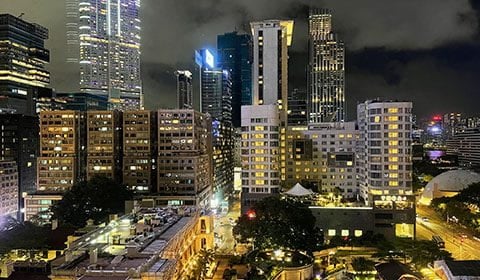2024 Q2 Update
Singapore & Hong Kong, SAR China
April-May, 2024
In April this year, I co-presented a workshop on AI literacy for schools: Principles, practices and problems for the Academy of Principals, Singapore (9 April; with Grace Oakley) and presented a seminar on Generative AI and the evolution of education for Hong Kong Baptist University (30 April). In addressing, firstly, an audience of schoolteachers and Ministry of Education staff in Singapore and, secondly, tertiary educators from across Hong Kong, it became clear that everyone, across countries and education levels, is grappling with similar challenges as we seek to balance the opportunities and risks for teaching and learning presented by generative AI.
In my own presentations, I began by zooming out to look at the big picture of the technology itself and how it has developed and is developing; continued by zooming in to look at the implications for education and assessment; zoomed out again to look at challenges from the pedagogical to the societal; and concluded by emphasising the need for both educators and students to acquire AI literacy.
Discussions during and after these sessions revealed that many educators are keen to explore how gen AI can support their students’ learning and help them develop skills they will need in future workplaces, but that there are pedgogical concerns over how to teach and assess in this era, and ethical concerns over issues ranging from privacy and surveillance through to the environmental impact.
And rightly so. As I argued in a podcast on Digital ethics for Hong Kong Baptist University (3 May), gen AI is a new, more powerful stage of technology development and therefore potentially more valuable and potentially more risky at the same time. The task before us is balancing out the value and the risks. This will keep educators very busy in years to come as we seek to develop our own AI literacy and that of our students, and, I hope, offer some public leadership in this area.
